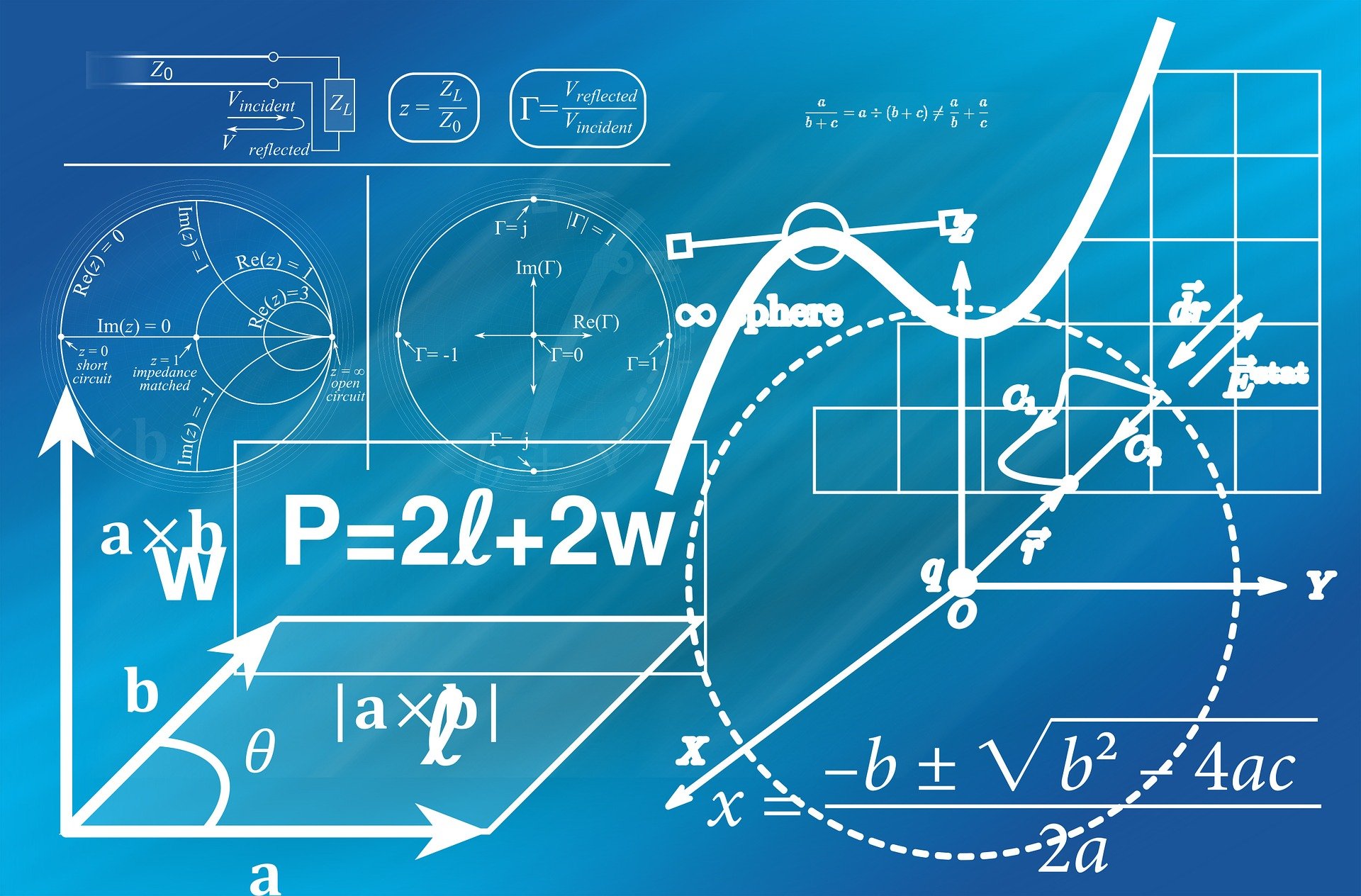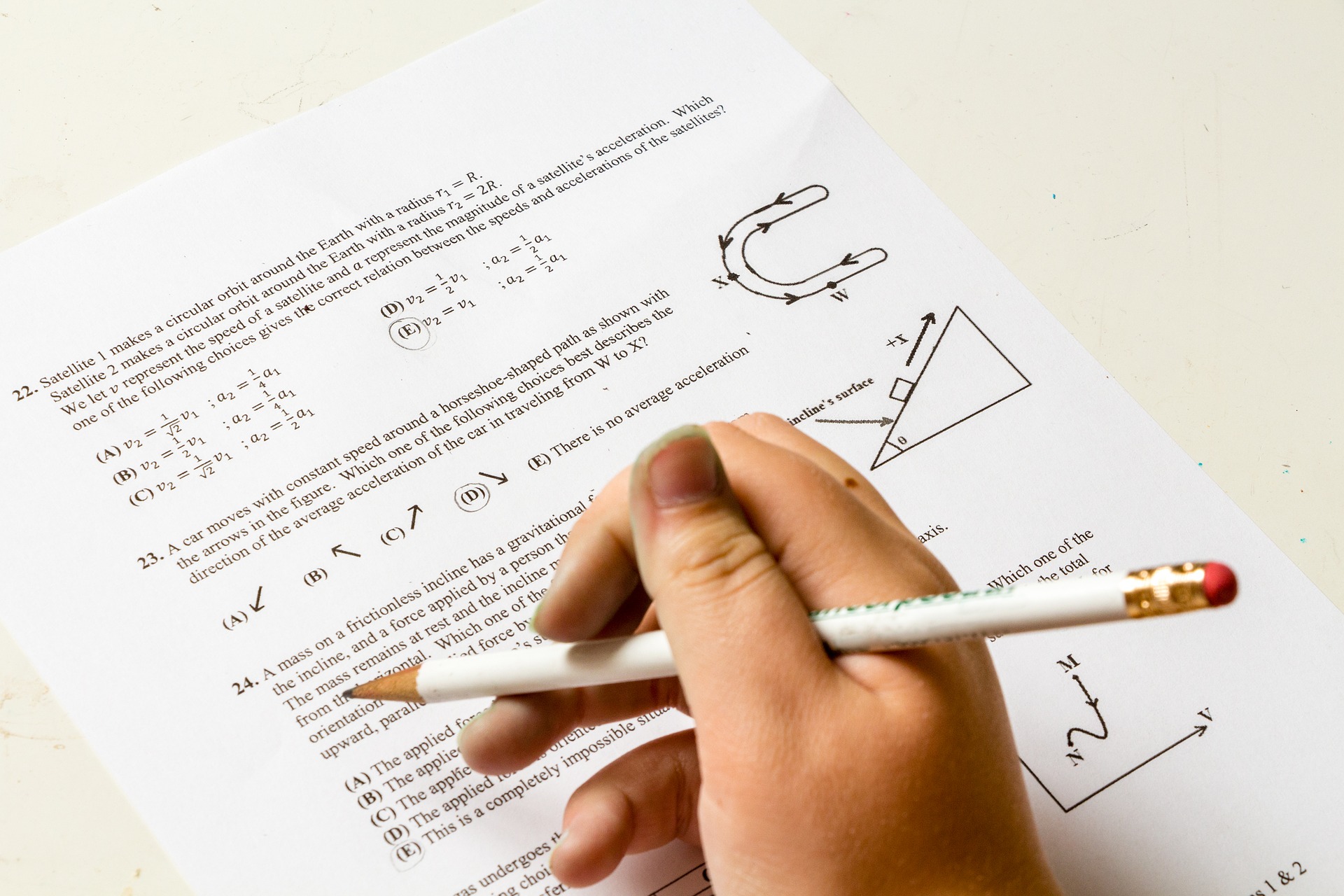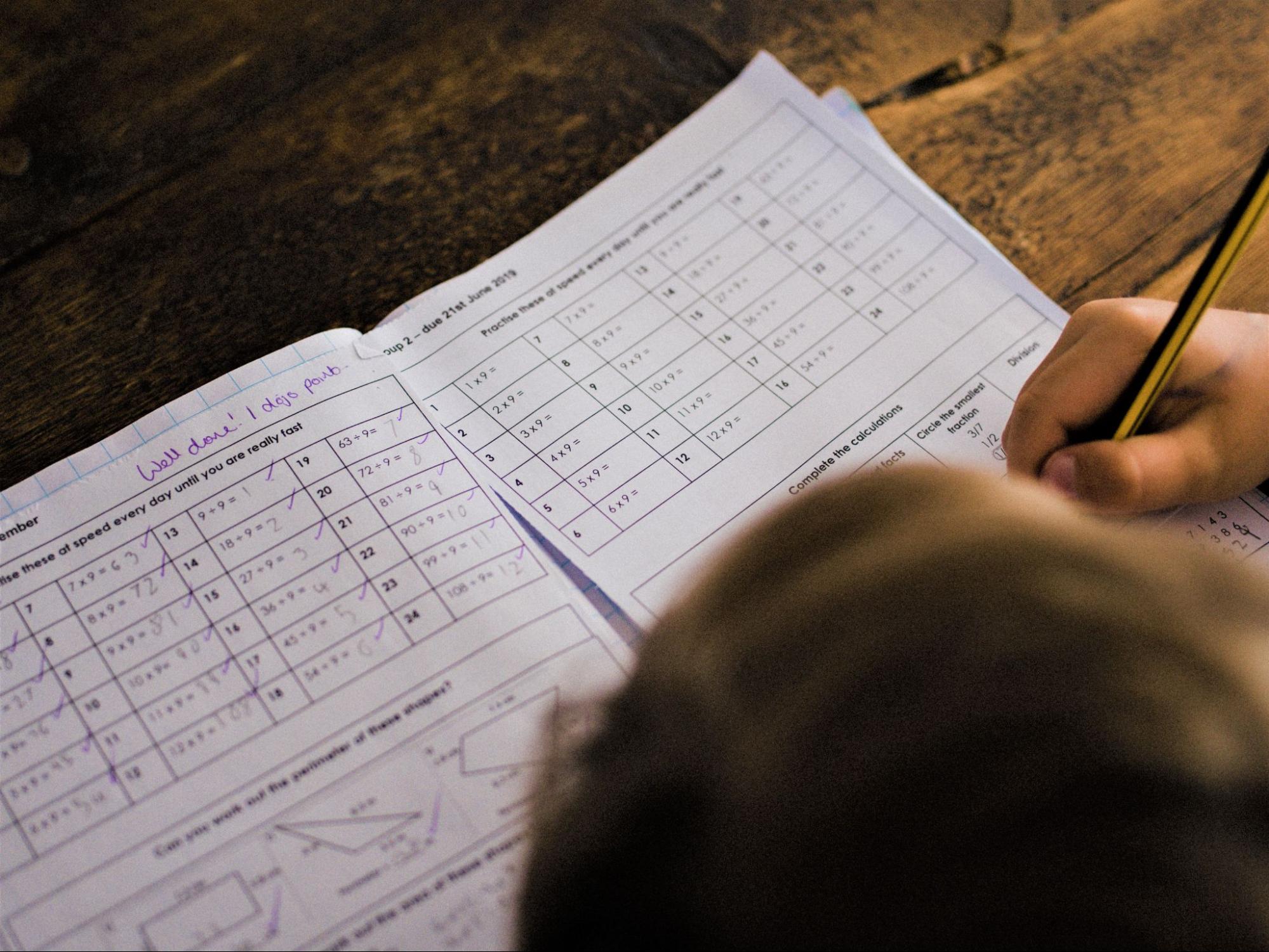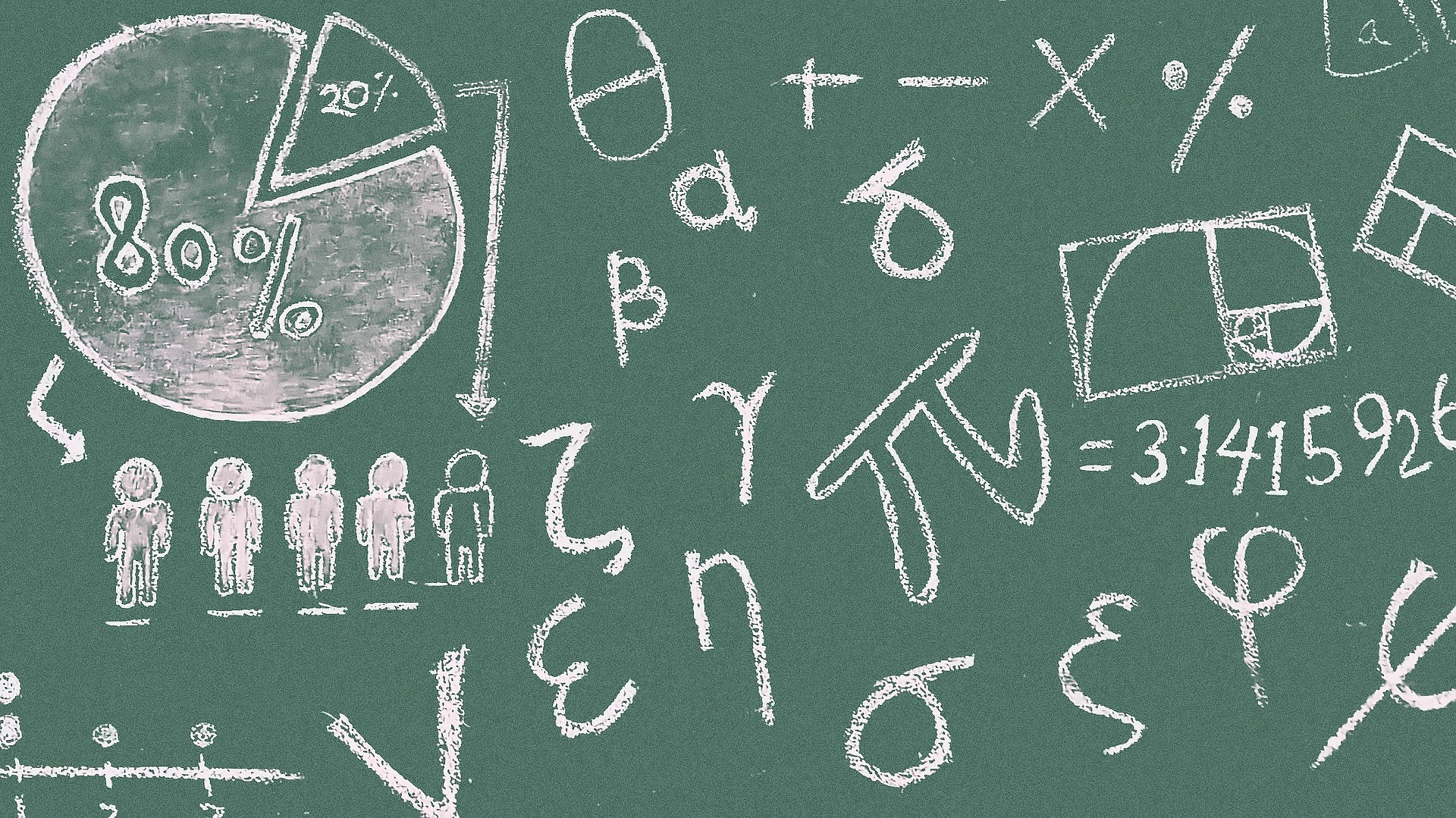
Additional Mathematics (A-Maths) may not be for everyone. But for those who love solving mathematical problems, taking A-Maths is a good way to enhance their skills.
The syllabus for O-Level A-Maths aims to adequately prepare students to apply the mathematical concepts in different contexts. It will also assist them in communicating mathematically through arguments, explanations, and proofs.
The O-Level A-Maths syllabus focuses on three strands. They are Algebra, Trigonometry and Geometry, and Calculus.
Taking O-Level A-Maths requires a strong foundation in mathematical reasoning and algebraic manipulations. So, it assumes sufficient knowledge of O-Level Mathematics.
There are four main growth areas in the syllabus of O-Level A-Maths. They are as follows:
1) To appreciate the power and abstract nature of mathematics.
2) To develop metacognitive and reasoning skills by solving problems through a mathematical approach.
3) To connect ideas between sciences and mathematics through mathematical applications.
4) To acquire the skills and concepts of mathematics to prepare the student for higher studies in mathematics. This will also help support the students in their learning of other subjects, particularly sciences as these will help them become successful in careers such as data scientist, data analyst, mathematician, etc.
Students taking O-Level A-Maths should prepare for the assessment. There will be two test papers during the study.
The assessment aims to test the abilities of the students to understand and apply mathematical skills and concepts. Likewise, the tests will help students formulate and solve problems, analyze information, interpret mathematical results, and more.
If your child has interests and skills in Maths, taking O-Level A-Maths could be the best choice for them to develop their passion and score an extra A1 in their exam.
What is the difference between E-Maths and A-Maths?

Elementary Math (E-Maths) and A-Maths are different in many ways. Compared to E-Maths, A Math is more complex yet straightforward.
When solving the same problem involving simultaneous equations, E-Maths has a simpler and short approach. It will use linear simultaneous equations to arrive at the solution. Meanwhile, A-Maths will need a more in-depth understanding of algebraic rules.
The solutions are longer and require careful planning on the sequence of steps to avoid careless mistakes.
The approach in A-Maths will involve not just linear simultaneous equations but also non-linear functions. The student should also understand the need to solve simultaneous equations for them to solve intersection points.
In short, E-Math is the basic, and A-Maths is the higher level. It is also more complex because it requires a deeper understanding of underlying concepts.
Despite the complicated process, it is possible for some students to find E-Maths harder than A-Maths. It’s because E-Maths has several approaches to the same problem that will truly test your creativity.
In contrast, the approach of A-Maths is more systematic. The students will also have access to more tools to solve problems in A-Maths.
You can do well in A-Maths as long as you practice enough. Although, it penalizes careless mistakes. But on a positive note, it trains the students to become more careful and meticulous.
Why Study A-Maths?
Some students may find A-Maths very difficult. While it is an optional subject for secondary school pupils, there are good reasons to study A-Maths.
A passing mark in O-level A-Maths is necessary for those who plan to pursue H2 Math in A-Level. To proceed to university courses like engineering, H2 Mathematics is necessary.
However, it’s not mandatory for those who plan to take H1 Mathematics in A-Level. Although, it is highly advisable because it will give students a competitive edge.
H1 Mathematics in A-Level is a requirement for some university courses like social sciences, economics, and business. Therefore, there are many reasons to study Additional Maths.
Is A-Maths Hard?

In Singapore, about 89% of GCE O-Level students passed Mathematics consistently from 2014 up to 2019. The numbers are slightly lower for A-Maths, but with constant practice, passing A-math should not be a problem.
Unlike E-Maths that requires the use of logic and the questions are usually creative, A-Maths is more systematic. You will do well as long as you practice and you have the right attitude and interests toward the subject.
If your child still encounters difficulty, there are home tuition agencies to assist students in coping with the challenge. Tutors can assist in areas of A-Maths where there are signs of weakness.
Should I take A-Maths in Sec 3?

After passing E-Maths in Sec 2, the next step is to decide whether to take A-Maths in Sec 3 or not. This can be a tough question for many young students, especially those still unsure what to take in Junior College (JC).
Taking A-Maths in Sec 3 is not necessary for some students. But for others, it is a prerequisite. There are several factors to take into account to determine if A-Maths in Sec 3 is right for you.
Do you love Mathematics? Did you score an A in Mathematics? If you love Mathematics and you’re diligent in spending long hours in practice, then A-Maths could be the best choice. This will give you a chance to score the second A in maths for your O-level.
Most skills you learn in E-Maths are relevant in A-Maths. If you are doing good in algebra and at indices, you’ll find working with indices in A-Maths easier. But, if you’re lazy to practice, taking A-Maths in Sec 3 may not be right for you.
It is also important to understand your decision regarding JC where A-Maths is a prerequisite. In this case, taking A-Maths in Sec 3 is not an option — you should take it.
The bottom line is your interests in Maths and willingness to practice will determine if you need to take it. It is another critical deciding factor when it comes to making decisions for JC as Maths is a foundation.
A-Maths Topics & Syllabus

The syllabus of O-level A-Maths aims to make interested students with an aptitude in Maths acquire the skills and concepts. The knowledge they will get is essential to support their learning in other subjects, such as sciences.
Mathematical skills are also important in their pursuit of higher studies in Maths. The central focus of the syllabus is to develop metacognitive skills, communication, and reasoning. They will learn to use the mathematical approach when solving problems.
O-level A-Maths topics and syllabus will expose your child to the various functions. This includes trigonometric, exponential, linear, and quadratic, among others.
Examples of exponential functions are calculating the population growth, the Richter scale, and radioactive decay. For trigonometric functions, solving for simple harmonic motion, the number of hours of daylight, and tidal waves computations.
Trigonometric functions and calculus are also essential in financial mathematics. Students will learn profit and cost analysis, as well as calculating the marginal profit. These are all part of the topics in A-Maths syllabus.
Where to find A-Maths Practice Questions

The fundamentals of mastering A-Maths heavily rely on practice. As students keep on practicing solving various math questions and situations, they will hone their skills and develop strategies.
Regular practice is vital, and not just practicing the day before the test. It is not an effective way. To ace in A-Maths, your child needs to practice regularly. This requires having the right attitude and discipline, which the child will learn in E-Maths.
While practice leads your child closer to mastery, finding the right mathematical questions is equally important. Among the best places to find practice questions for A-Maths is online.
The best way to find practice questions in A Maths is in the practice test papers. There are several online resources where you can find A-Maths test papers.
The good thing about these test papers is most of them are free to download. There are free test papers for primary and secondary students, including junior college and the International General Certificate of Secondary Education (IGSSE). They are also available in different subjects, not just Maths.
Where to find A-Maths Test Papers

Test papers for A-Maths in Singapore are available for download from trusted online resources, such as SmileTutor. They are available for free because they believe that students should have easy access to good quality education.
Some of the online resources continuously update the free exam papers to assist students in their preparations. They also curate their database to benefit all students.
There are also websites with a database of actual past year national examination papers for A and O-levels. The downloadable test papers are not only in Maths, but other subjects are available, as well.
With these online resources, students will have enough exposure to the type of problems they’ll be dealing with during examinations. The questions may be different, but the main concepts are somewhat similar.
Free test papers provide the chance for students to apply their learnings and hone their A-Maths skills. It can serve as a benchmark for their preparedness for the upcoming actual exams.
Should I Drop A-Maths?

Dropping A-Maths is an option. However, if your child is planning to pursue engineering courses, taking A-Maths is highly advisable. It is a pre-requisite, and many subjects in engineering involve mathematical solutions.
If you drop A-Maths, you are closing the doors to several college courses. This includes computer science, programming, engineering, and applied math.
For those who plan to take up business courses, A-Maths is not compulsory but an excellent option. It will help train students to be sharper and give more attention to details when dealing with numbers.
Likewise, for those who plan to go to JC, H2 Math is a prerequisite. By taking A-Maths, students are more confident every time they encounter math problems.
Sometimes, the thought of dropping A-Maths is a result of the difficulty of the subject. However, this should not pose a hindrance to complete the syllabus.
There are home tuition agencies that can help students in areas of the syllabus where they’re showing signs of weaknesses. They can benefit from one-on-one sessions with A-Maths tutors who can help them develop the skills to pass and excel.
There are options to take the lessons through physical teaching sessions or through online classes. You will also have a choice to go for a group setting or personal 1-1 teaching.
But you can benefit more with a 1-1 Maths tuition session with an expert in A-Maths with years of experience in the field. Home tutors can help you tackle exam papers and ensure you won’t make careless mistakes.
Moreover, there’s no need for you to search and find where to get the practice questions to hone your skills. They will provide you up-to-date Mathematical problems for your practice.
So, if your child is thinking of dropping A-Maths, think twice! You can’t just let go of the opportunity to complete an important syllabus that is greatly beneficial in many ways.
All the best!
